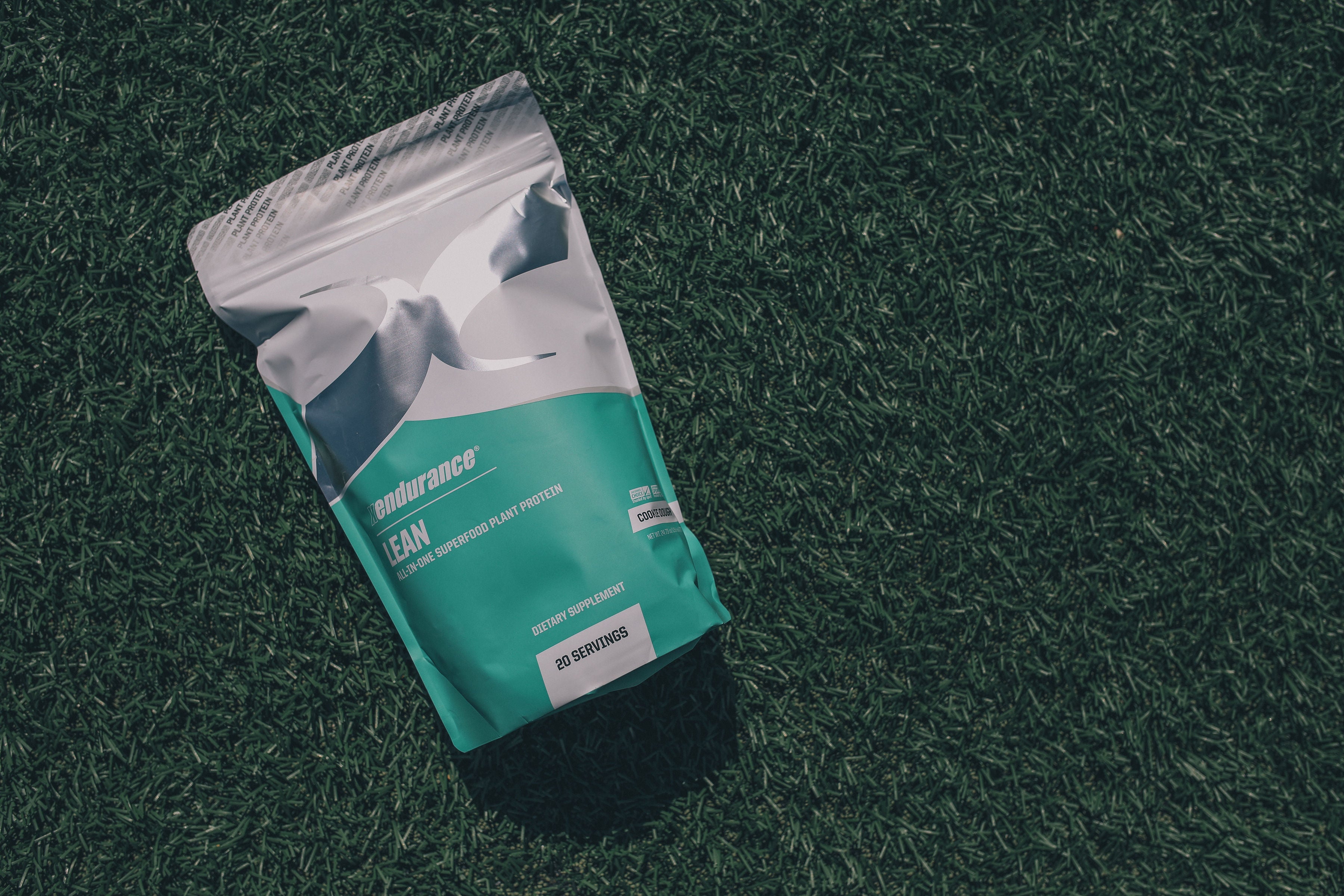Have you ever been out to eat and your waiter leans over your salad and asks; Would you like pepper on your salad? You hesitate and then say - yes, please. He turns the wooden shaker and grinds black specs all over your salad. Those black specs are called piperine or black pepper. Piperine is responsible for the heat that hits your palate and enhances your experience of the salad. In the kitchen it is just pepper and you may like it enough to put it on a variety of foods. Throughout the world it is known as “The King of Spices” due to its pungent aroma. But did you know that piperine or black pepper actually is an important aspect of many supplements? One of those that stand out is curcumin supplements. If you don’t know what curcumin is you will soon find out and then you may be able to answer why you need to keep grinding that black pepper.
Is There A Difference Between Piperine And Black Pepper?
Black pepper is many times referred to as piperine. Piperine is a phytonutrient and is the active component of black pepper. Piperine, from the Piperaceae family, is the beneficial plant compound that is easy for your body to digest and it is also the ingredient found in many nutritional supplements, such as curcumin supplements.
Why Is Piperine In Your Supplements?
You might relate to black pepper on your salad, but you are probably now thinking; why put it in your supplements? It is not for flavor, but for enhanced bioavailability. This is important. Many supplements may tout incredible ingredients, but if they are not in the most bioavailable form, they are not as easily absorbed into your system and therefore the benefits may not be optimum. And why take a supplement if it passes through your system without being beneficial to your health?
Curcumin and How It May Benefit Your Health
What is curcumin and why is curcumin good for you?
If you open up your spice cabinet you may see tumeric on the shelf. If not, think of tumeric as the spice with many, many benefits for your body and your brain. Curcumin is the major, biologically active, polyphenolic compound of turmeric and gives the spice its yellow color. Curcumin has very powerful anti-inflammatory effects and it is thought to be one of the stronger antioxidants new can consume.

Research has even demonstrated that along with the anti-inflammatory benefits, curcumin can help arthritis, anxiety, metabolic syndrome and more. Metabolic syndrome is a variety of conditions that may raise your risk of heart disease, diabetes, stroke and other serious health problems.It may also help reduce muscle soreness and increase recovery in active people.
Here is a list of several benefits of curcumin:
- Curcumin May Provide Anti-Inflammatory Benefits
- Curcumin May Help Ease Symptoms of Osteoarthritis And Rheumatoid Arthritis
- Curcumin May Aid In The Prevention And Treatment Of Various Types of Cancer
- Curcumin May Help With The Treatment Of Depression
- Curcumin May Help In Delaying The Onset Of Alzheimer’s Disease
- Curcumin May Help Reduce The Risk Of Heart Disease, Diabetes And Stroke
Recently it has been shown that the biological activity of curcumin reduces the severity of COVID-19. You might have seen this in the news or maybe you have received an influx of companies pushing curcumin as a “cure”. Some are saying that curcumin is one of the top 5 substances to improve COVID outcomes. If any of this is clinically proven to be true, don’t you want your curcumin to work as effectively as possible?
How To Take Curcumin
Is curcumin available in the foods we eat or do we have to consume it in curcumin supplements? What foods contain curcumin, if any?
Have you ever had a curry dish? If so, curry dishes or anything containing curry will provide curcumin. Indian dishes are known for the curry and spicy flavors but Thai, Chinese and Japanese dishes all may contain curcumin as well. In India, as mentioned, turmeric, containing curcumin, has been used in curry dishes; in Japan, it is found in various teas; in Thailand, it is sometimes used in cosmetics; in China, it is used as a colorant - bright yellow; in Malaysia, it may be used as an antiseptic, which makes sense because of it’s anti-inflammatory properties; in Korea, it is in certain drinks that may be on the spicy side; in Pakistan, it is used as an anti-inflammatory agent too; and in the United States, it is used in mustard sauce (not ketchup), cheese, butter, and chips, as a preservative and a coloring agent. Curcumin can be found in a variety of forms including capsules, tablets, energy drinks, soaps - yes soaps, and even cosmetics.
If you want to orally absorb curcumin, and spicy foods or curry is not to your liking then you can always choose curcumin supplements. Here is where bioavailability needs to be considered and so ask yourself; should you eat curcumin or supplement with curcumin and how do you get the most benefits?
Piperine and Curcumin: The Dynamic Duo
A recent study published in Frontiers in Pharmacology measured the differences in mortality between a group of 70 patients; a control group and an intervention group. The control and intervention groups received conventional COVID-19 treatment.
In addition, those in the intervention group received curcumin with piperine, twice a day, and those in the control group received probiotics twice a day. The researchers found patients who had mild, moderate and severe symptoms in the intervention group showed early symptomatic recovery and less deterioration.
Studies have found that curcumin has low bioavailability when taken orally. This is attributed to the body’s limited ability to absorb curcumin as well as rapid metabolism and elimination. However, researchers have found there are different compounds, such as piperine, that when taken with curcumin, can raise bioavailability and therefore enhance the multiple health benefits attributed to curcumin.
A 2017 clinical study, Curcumin: A Review of Its’ Effects on Human Health(1) states that “Piperine is the major active component of black pepper and, when combined in a complex with curcumin, has been shown to increase bioavailability by 2000%. Curcumin combined with enhancing agents provides multiple health benefits.
Curcumin is just one ingredient where piperine helps enhance bioavailability. Piperine has been shown to have a molecular structure that is acceptable for enzyme inhibition and because of this can help with absorption of various medical drugs. Piperine assists with the bioavailability of drugs such as carbamazepine, ciprofloxacin, ampicillin and oxytetracycline.
If Piperine helps with medicines, it is a great partner for curcumin!
How Does Piperine Work?
How does piperine increase bioavailability of curcumin? There are many mechanisms that enhance the process of absorbing nutrients. One that may be easier to explain is thermogenesis. (Think of heat!) Thermogenesis is a metabolic process that generates energy at the cellular level in the body. Piperine in the black pepper extract enhances the thermogenesis and in turn, affects the absorption of components in the intestine. If you put too much pepper on your salad it may be a little hot…It is this heat that helps piperine work!
But does curcumin provide the benefits without piperine? The answer is yes, but not nearly as well as when you combine curcumin with piperine. In fact, several sources claim that without piperine, curcumin shows very poor absorption, rapid metabolism, and rapid systemic elimination. The problem is curcumin is a large molecule and thus the body has difficulty absorbing it and putting the natural bio-actives to work. Also, the body rapidly metabolizes curcumin so not enough of curcumin gets in the body and what does get in is flushed out fast.
Is Bioperine® The Same As Black Pepper or Piperine?
Sometimes you may see the word Bioperine on a supplement fact box and on curcumin supplements. BioPerine is a patented piperine extract, containing at least 95% piperine in a profile that designed for absorption by your body. It’s found in many supplements, either alone or alongside other ingredients like curcumin. BioPerine has been used as a bioavailability enhancer for over 20 years and was found to enhance the nutrients by 30%. So you whether it is Bioperine, piperine or black pepper, the purpose of any of these ingredients found in a formula is to increase bioavailability of the product or specific ingredient such as curcumin.
Curcumin IS Beneficial!
If curcumin shows such promise in helping promote anti-inflammatory effects and can aid arthritis, anxiety, heart disease, diabetes and several other health issues, the main takeaway is to look for piperine, black pepper or BioPerine® on your supplement label. We encourage you to take the time and look through the list of ingredients and only choose from those products that contain a type of piperine with curcumin. If you find curcumin in a multi-vitamin or in a curcumin only product, make sure its dynamic duo (piperine, black pepper or BioPerine®) is listed with it too!
(1) Hewlings SJ, Kalman DS. Curcumin: A Review of Its Effects on Human Health. Foods. 2017 Oct 22;6(10):92. doi: 10.3390/foods6100092. PMID: 29065496; PMCID: PMC5664031.









Leave a comment
This site is protected by hCaptcha and the hCaptcha Privacy Policy and Terms of Service apply.